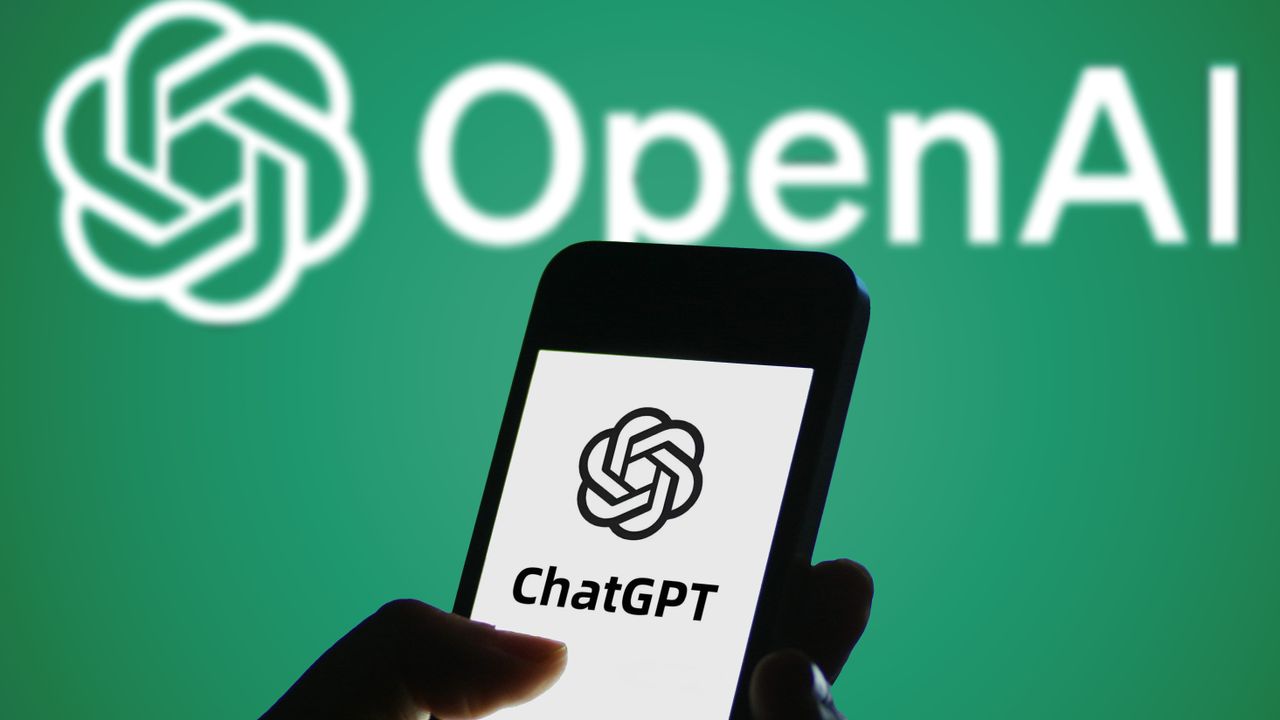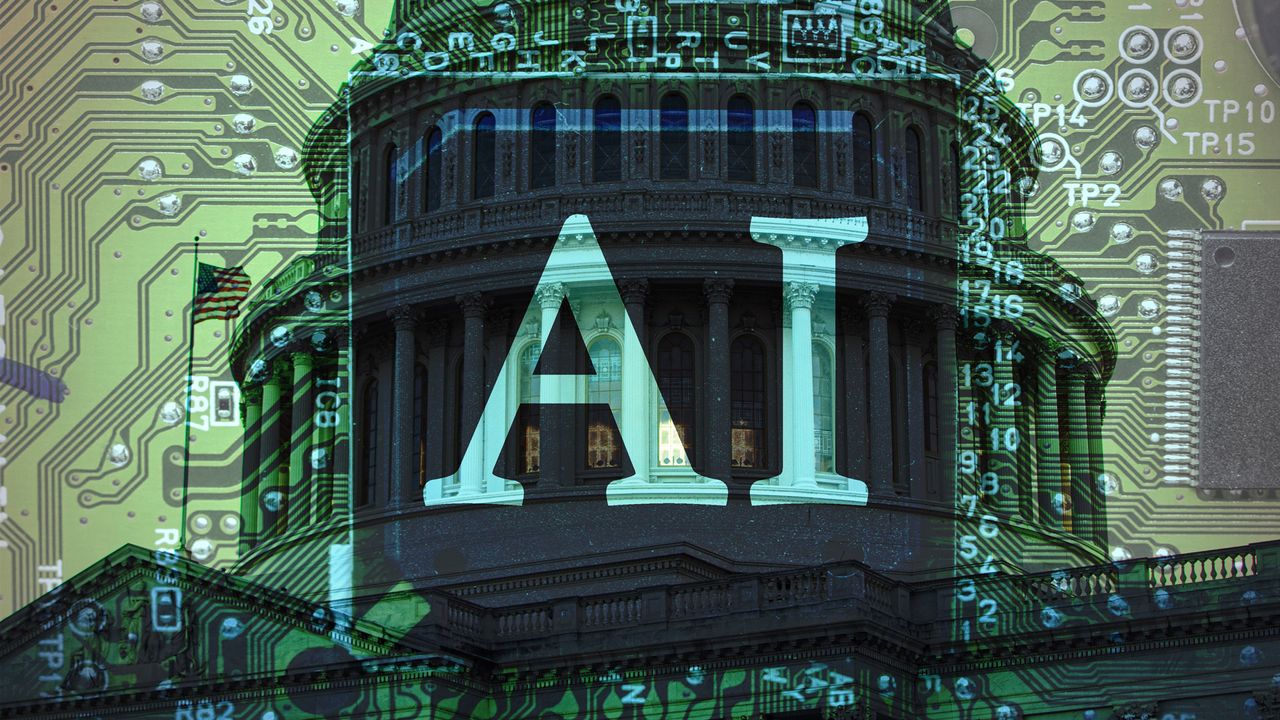
Character.AI Launches “Stories” Feature as it Bars Chatbots for Users Under 18
Character.AI announced a new interactive‑fiction format called “Stories,” designed to let teens engage with favorite characters in a guided setting. The move follows the company’s decision to block all chatbot conversations for users under 18, a step taken amid concerns about the mental‑health impact of open‑ended AI chats and several lawsuits alleging AI‑related suicides. While the Stories feature expands the platform’s multimodal offerings, reactions from teenage users are mixed, with some welcoming the safety‑first approach and others expressing disappointment over losing direct chatbot access.










